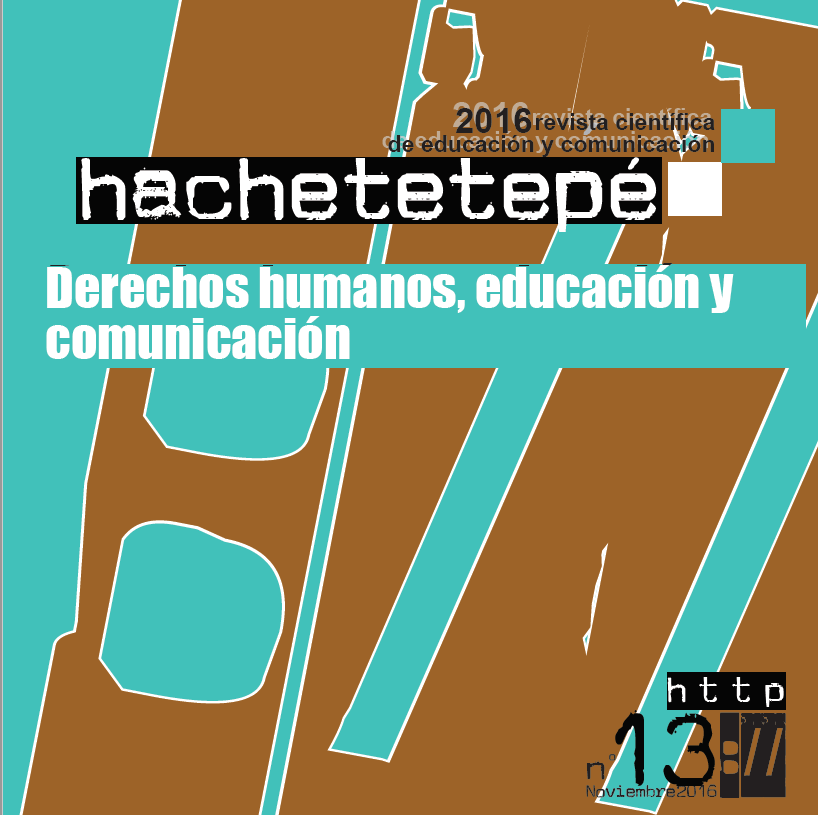The protection of economic, social and cultural rights in armed conflicts: myth or reality?
Abstract
This work analyses the difficulties in protecting human rights in armed conflicts, especially economic, social and cultural rights that are limited even during times of peace. The starting point for this study is the idea that international humanitarian law has been considered, traditionally, the only law applicable to armed conflicts to the exclusion of the international law of human rights. However, in recent years the International Court of Justice, through several advisory opinions, has helped forged broad consent on the necessity to protect human rights in the context of war, namely civil and political rights and economic, social and cultural rights. The key issue is how in actuality economic, social and cultural rights that are less developed than civil and political rights can coexist with international humanitarian law in the regulation of armed conflicts and whether they can be protected fully, or at least partially, within this context.
Keywords
Downloads
How to Cite
License

This work is licensed under a Creative Commons Attribution-NonCommercial-NoDerivatives 4.0 International License.
Those authors who have published with this journal, accept the following terms:
- They will retain their copyright and guarantee the journal the right to first publication of their work, which will simultaneously be subject to the Creative Commons Attribution License . They may be copied, used, disseminated, transmitted and publicly displayed, provided that the authorship, url, and magazine are cited, and are not used for commercial purposes. No derivative works are allowed.
- They may adopt other non-exclusive license agreements for the distribution of the published version of the work (e.g., deposit it in an institutional telematic archive or publish it in a monographic volume) provided that the initial publication in this journal is indicated.
- Disseminate your work through the Internet (e.g., in institutional telematic archives or on your website) once the manuscript is accepted, which may lead to interesting exchanges and increased citations of the published work. (See The effect of open access).
Hachetetepé. Scientific journal of education and communication does not charge a fee for the submission of manuscripts or for the publication of its articles.
References
Campanelli, D. (2008). Le droit de l’occupation militaire à l’épreuve du droit des droits de l’homme. Revue Internationale de La Croix-Rouge, (871). Recuperado de https://www.icrc.org/fre/resources/documents/article/review/review-871-p653.htm
Cançado Trindade, A. A. (1994). La protección de los derechos económicos, sociales y culturales. en Instituto Interamericano de Derechos Humanos (Ed.), Estudios básicos de Derechos Humanos. San José, Costa Rica. Recuperado de http://www.ucipfg.com/Repositorio/MCSH/MCSH-01/Unidad_2/Lecturas/1.pdf
Consejo de Derechos Humanos. (2011). Los Derechos Humanos Durante los Conflictos Armados. Nueva York y Ginebra: Oficina del Alto Comisionado para las Naciones Unidas para los Derechos Humanos. Recuperado de http://www.ohchr.org/Documents/Publications/HR_in_armed_conflict_SP.pdf
Dhommeaux, J. (1994). La contribution du Comité des droits économiques , sociaux et culturels des Nations Unies à la protection des droits économiques , sociaux et culturels. Annuaire Français de Droit International, 40(1), 633–657.
Gialdino, R. E. (2003). Obligaciones del Estado ante el Pacto Internacional de Derechos Económicos, Sociales y Culturales. Revista Del Instituto Interamericano de Derechos Humanos, 37, 87–137.
Gill, T. D. (2015). Chapter 9: Some thoughts on the relationship between international humanitarian law and international human rights law: A plea for mutual respect and a common-sense approach. Yearbook of International Humanitarian Law, 16, 251–266.
González, M. P. (2007). La protección de los derechos humanos en situaciones de conflicto: El parámetro del Derecho internacional humanitario. FORO. Revista de Ciencias Jurídicas Y Sociales, Nueva Época, (4), 13–36.
Lane, L., Abraham, S., Bellal, A., Giacca, G., Casey-Maslen, S., Best, G., Zegveld, L. (2016). Mitigating humanitarian crises during non-international armed conflicts—the role of human rights and ceasefire agreements. Journal of International Humanitarian Action, 1(1), 2. http://doi.org/10.1186/s41018-016-0002-z
Pictet, J. (1975). Humanitarian law and the protection of war victims. Sijthoff, p. 15
Tomuschat, C. (2010). Human Rights and International Humanitarian Law. European Journal of International Law, 21(1), 15–23.
Coalition of Provisional Authority order no 89 (US). Amendment to the labor Code no 71 of 1987. CPA/ORD/, 05.05.2004.
Comité de Derechos Humanos. Suspensión de obligaciones durante un estado de excepción (artículo 4) (2001). Aprobada en la 1950a sesión, el 24 de julio de 2001.
Comité de Derechos Humanos. La índole de la obligación jurídica general impuesta a los Estados Partes en el Pacto (2004). Informe del Comité de Derechos Humanos,
Documentos Oficiales de la Asamblea General, trigésimo sexto período de sesiones, Suplemento N° 40 (A/36/40), anexo VII.
CIJ, Consecuencias jurídicas de la construcción de un muro en el territorio palestino ocupado, Opinión Consultiva, 09.07.2004, en AG, A/ES-10/1973 de 13.07.2004.
ICJ, Case concerning armed activities on the territority of the Congo, Advisory Opinion, 19.09.2005.
CIJ, La legalidad de la amenaza o empleo de armas nucleares, Opinion Consultiva, 08.07.1996.






